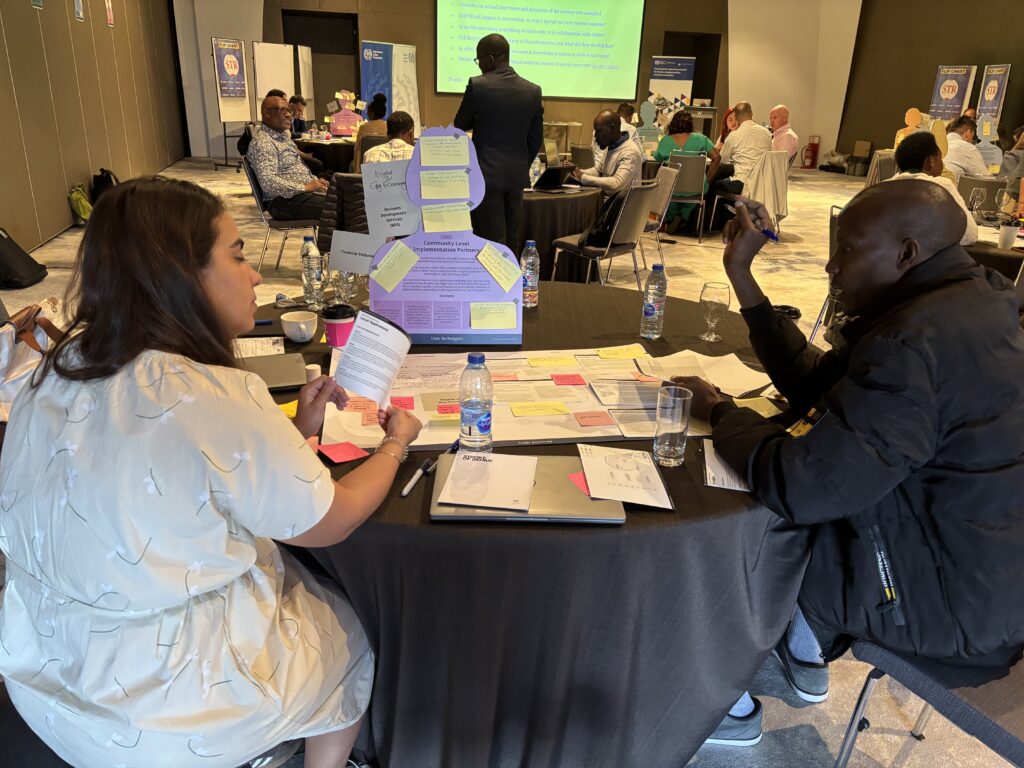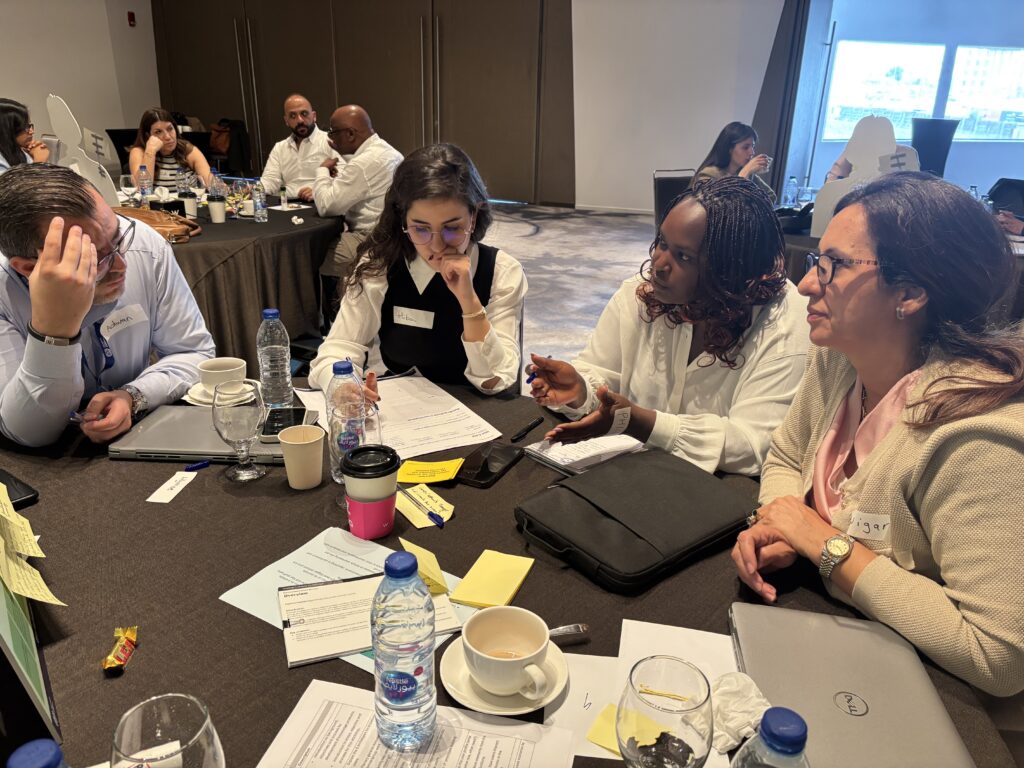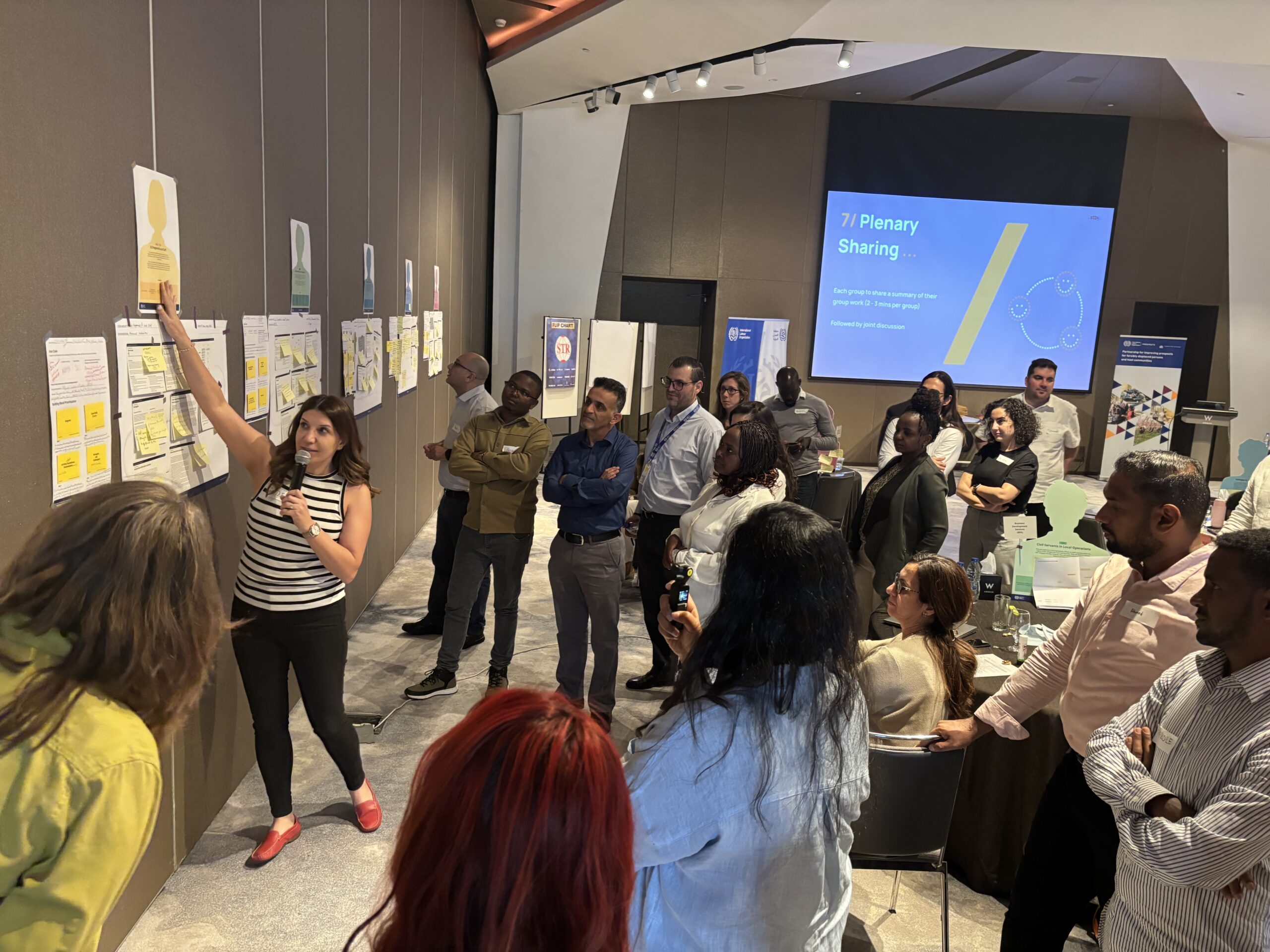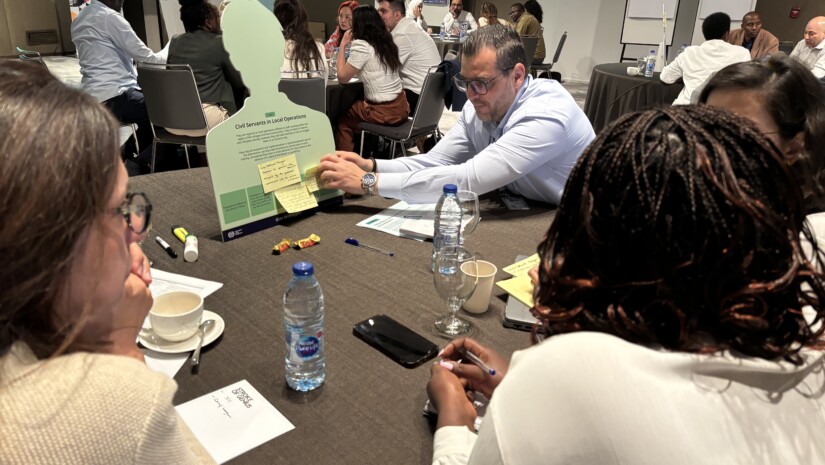Turning documented experiences into actionable knowledge
We are working with the International Labour Organisation (ILO) to support the transformation of a comprehensive Lessons Learned Report into actionable and transferable knowledge products. The agency has been delivering a multi-year programme across several countries in the Middle East and Africa, aimed at improving access to education, social protection, and decent work for forcibly displaced people and their host communities.
This work is happening in the context of the PROSPECTS partnership with 4 other UN organisations (Unicef, UNHCR, IFC and World Bank). The project is entering its final phase over the next few years, and the interim results will be published in the Lessons Learned Report this summer. The focus of our work with ILO is to turn the vast amount of documented experiences and lessons into actionable and transferable online knowledge products.
Our objective is to convert the contents from the report into digital and user-friendly formats accessible to a wide range of stakeholders operating in similar contexts and geographies. The challenge lies in distilling complex lessons into engaging and inspiring tools, guidelines and adaptable formats that can be applied across different country settings. This process calls for a careful balance between analytical depth and creative design, ensuring that the final outputs are grounded in real-world experience while remaining flexible, engaging, and accessible.
Adaptable formats that can be applied across different country settings
A collaborative and iterative design process
The project has unfolded in several stages, beginning with a detailed review of the original report and the development of early concept ideas for the digital knowledge products. These were followed by the creation of prototype building blocks, which were further refined in co-creation workshops with key stakeholders from the 8 country teams involved (Egypt, Ethiopia, Iraq, Jordan, Kenya, Lebanon, Sudan and Uganda).
Together with the teams, we co-created typical user archetypes and scenarios of use, and worked with the prototype building blocks for the knowledge products to do quick tests of our assumptions. The feedback from these sessions played a crucial role in the final shaping of the structure, content and visual language for the online learning portal we are now developing. This highly collaborative and iterative approach ensures that the knowledge products are aligned with the actual needs and expectations of their intended users.



Delivering practical and user-centred knowledge products
We are currently designing the final output: an interactive website featuring learnings, guidelines, and case studies. The vast amount of content is dynamically accessible and complemented with links to other existing training modules and supporting materials developed by the wider programme. Together, this will form a suite of knowledge products designed to help not only ILO and its project partners, but also the wider field of local practitioners and policymakers to apply the lessons learned from the PROSPECTS programme in meaningful and context-sensitive ways.
